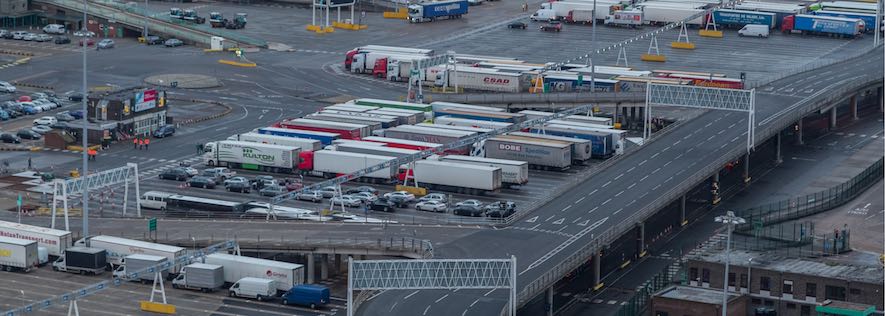
The UK's decision to trigger Article 50 and leave the Single Market and the Customs Union will fundamentally change UK border controls and Customs Clearance. It will impact importers bringing goods into the UK and exporters moving goods out of the UK.
The precise details of the UK's relationship with the EU 27 after Brexit are not yet known. We also don't know if the changes will take place on 31 December 2019 or after the proposed transition period ends, but UK border controls and Customs Clearance will be impacted.
UK businesses moving products into the EU and from the EU into the UK face a period of considerable uncertainty.
HMG has proposed simplified import procedures if the UK leaves the EU without a deal. Details for registration can be found here.
HMG’s guidance on moving goods to and from the EU through roll on roll off ports or the Channel Tunnel can be found here.
In this section, you will find links to current customs procedures and to some scenarios that you might like to use for contingency planning.
